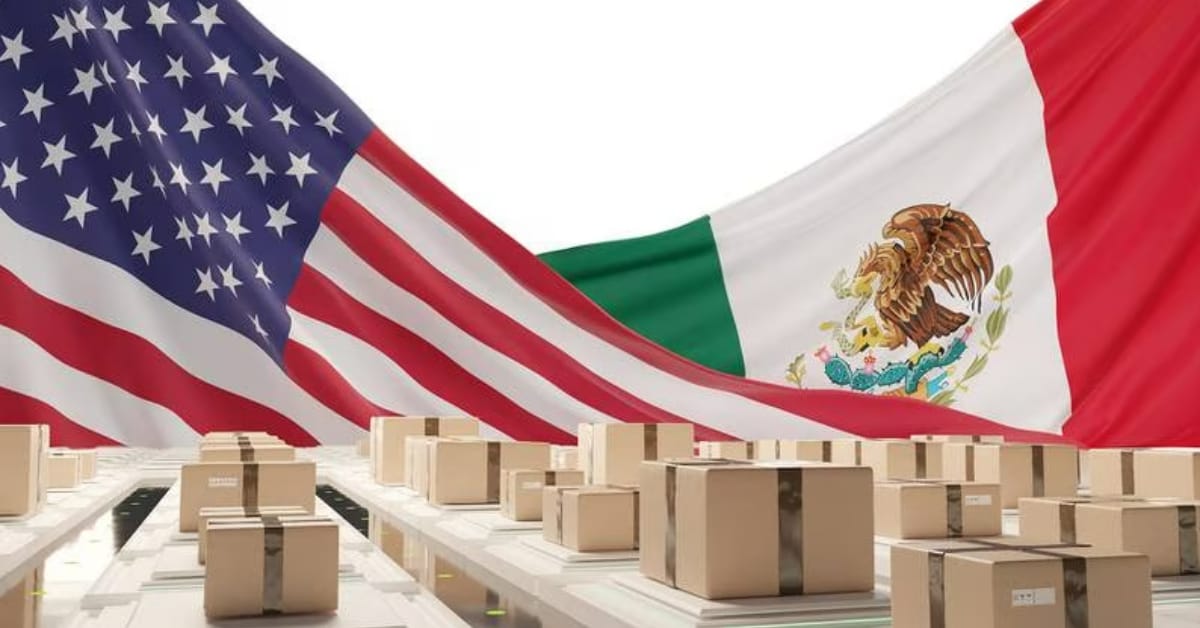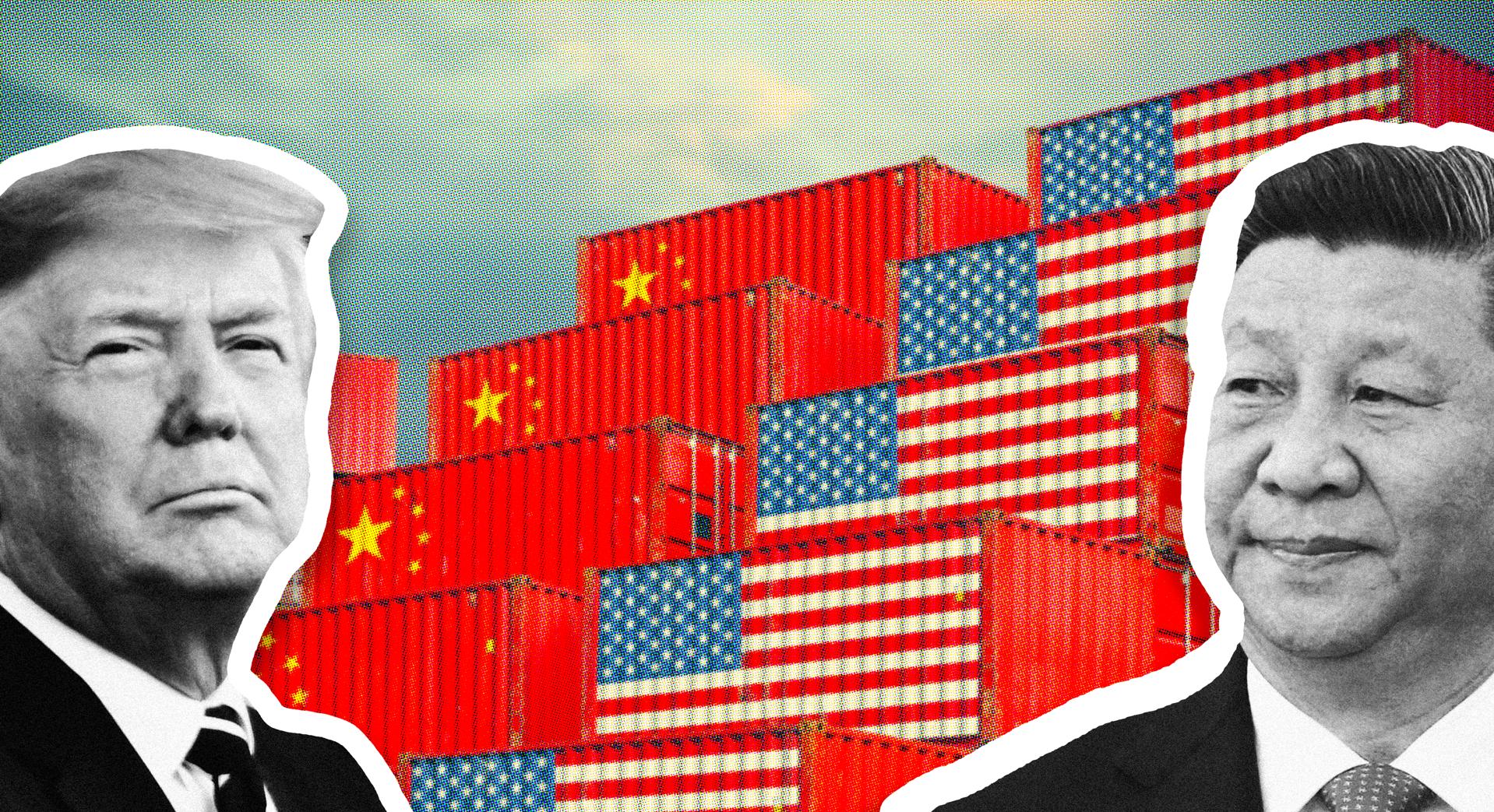Let’s be real, folks. The brinkmanship was getting old. Just when you thought the Trump administration couldn’t dial up the trade war rhetoric any further, a bit of common sense – and self-preservation – prevailed. This week, the US and Mexico quietly brokered two crucial agricultural agreements, effectively kicking a can down the road before it exploded into a full-blown crisis.

Photo source:www.freightcaviar.com
Mexico has finally conceded to provide water to Texas farmers, addressing Trump’s long-standing, and frankly, rather insistent complaints about a decades-old water-sharing pact. It’s about time! While it shouldn’t require a presidential Twitter storm, sometimes these things do.
But the bigger win, and perhaps the more strategically important, is the agreement on combating the New World Screwworm (NWS) – a nasty pest threatening US livestock. Avoiding restrictions on Mexican livestock imports was a HUGE win. A full-scale outbreak would be devastating to farmers on both sides of the border.
This isn’t about warm fuzzies, people. It’s pure economics. Mexico needs Trump to lift those crippling tariffs on auto parts, steel, and other goods. This display of cooperation is a classic example of pragmatic compromise under pressure. Let’s dissect what all this means.
Understanding Water Rights and International Agreements: Water sharing between the US and Mexico dates back to the 1944 treaty. It dictates allocations from the Colorado River and other sources. Non-compliance can severely impact agricultural production in the US Southwest.
The Threat of the New World Screwworm (NWS): This parasitic fly infests livestock, causing significant economic losses. Eradication programs require a coordinated, binational approach to prevent re-infestation.
Trade Leverage and Geopolitics: Mexico’s concessions show the power of trade leverage. The threat of tariffs is a potent tool, but it cuts both ways. Long-term stability requires cooperation, not constant confrontation.





